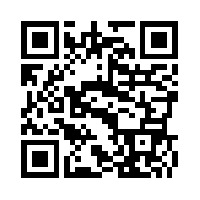Here’s an interesting news item about deriving pluripotent cells from excreted cells and differentiating them into neurons. The News article at Nature. The risk of using induced pluripotent cells is that they have the propensity to form tumors. When these differentiated neurons were implanted into newborn rat brains, they did not form any tumors over time. This gives a lot of hope for treating diseases of aging and degeneration, like Parkinson’s Disease.
-
Recent Posts
Recent Comments
- egtrahtrthgdg on Assignment 2:Plasticity
- Cheap Jerseys Wholesale on Assignment 2:Plasticity
- Eartha noel on Assignment 2:Plasticity
- Yarnell Wheeler on Assignment 2:Plasticity
- monique edwards on Assignment 2:Plasticity
Archives
Categories
Meta




